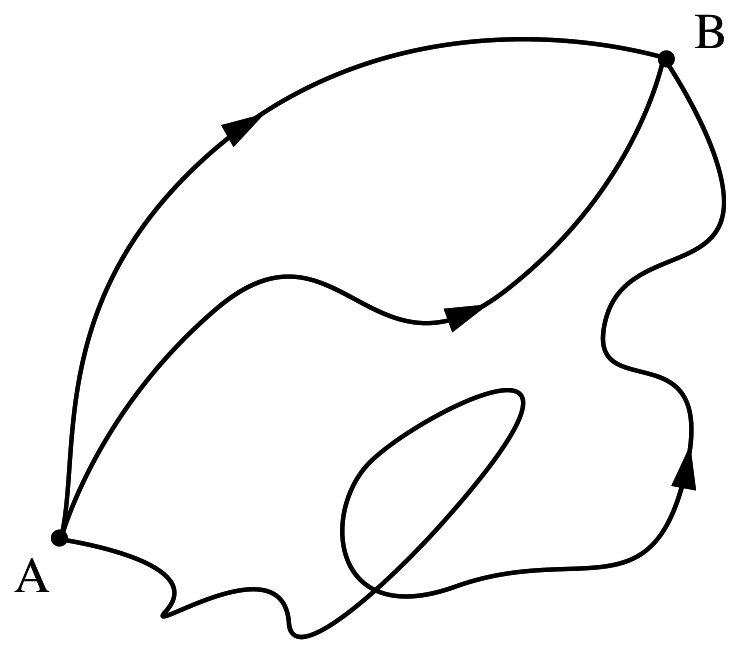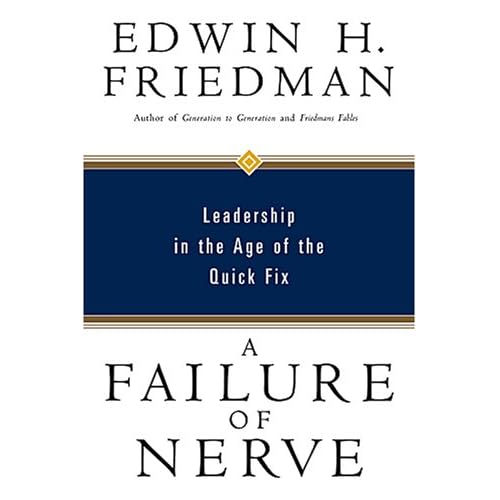So whether you eat or drink, or whatever you do, do everything for the glory of God (1 Cor. 10:31).
And whatever you do in word or deed, do it all in the name of the Lord Jesus, giving thanks to God the Father through him (Col. 3:17).
Do everything without grumbling or arguing (Phil. 2:14).All these Scriptures assert that how we do what we do—for the glory of God, in the name of the Lord Jesus, giving thanks, not grumbling or arguing—is at least as important as what we do, or in other words, the process is at least as important as the product. We could multiply similar texts to underscore the point. God isn't only interested in Point B. He cares how we get there.
I was reminded of this principle a week ago when we at FBC had our annual meeting. We had a number of important items on the agenda, but what I found more important was how we handled them. By and large, it was a really good time. People generally remained focused on the issues without getting sucked into personal baggage. People spoke with passion but not anger, and their passion was received as such by others. People spoke their minds without trying to force agreement and disagreed without being disagreeable. And at critical moments, some folks cracked some jokes which kept us all loose and prevented us from taking ourselves too seriously.
Now typically when I've gone into church meetings in the last five years of pastoral ministry, I have focused on the product—what I hope to "get done" as a result of the meeting. But lately I've come to see my role more and more to do with nurturing the process, which I'm increasingly seeing as a better barometer of our spiritual condition than the product. By that measurement, I think our meeting was a real success, and I am very encouraged by what God is doing among us. Some of the product was not what I would have favored going in, but I was so pleased with the process that I came to have confidence in all of it.
So to FBCers: great job! I'm very proud of you and thank God for you!
To non-FBCers, I encourage you to join me in learning the lesson that I am learning, especially if you have a major meeting coming up in your church. You might have a big issue that you have strong feelings about, something you desperately hope to pass or fail. But why not take a step back and focus on the process, not the product? You never know: the Holy Spirit might have a third option to reveal that only a church with a good process can hear.
When a church focuses on the product—well, it might turn out good, but it might not. But when a church that wants to obey God gets the process the way God wants—which starts with you processing right individually—the product is almost always in line with his will too.











